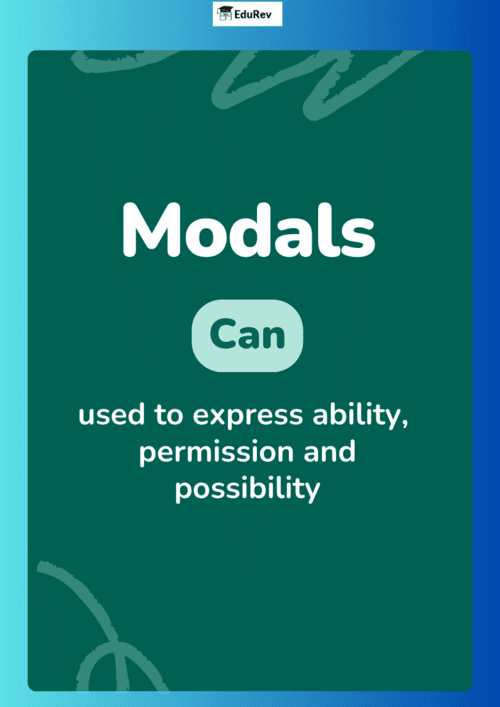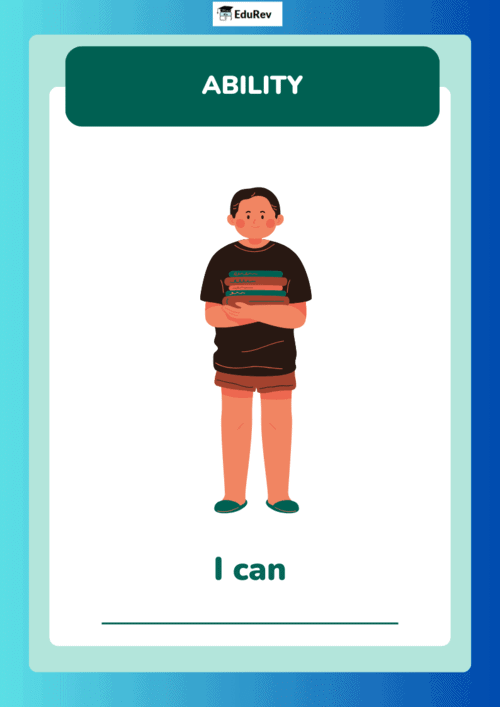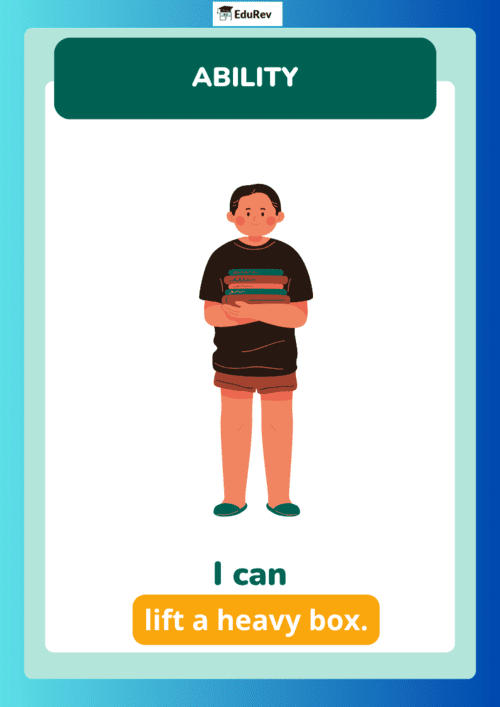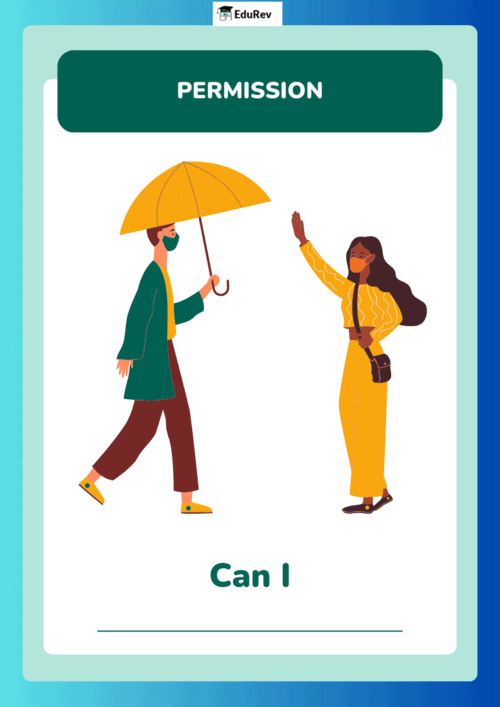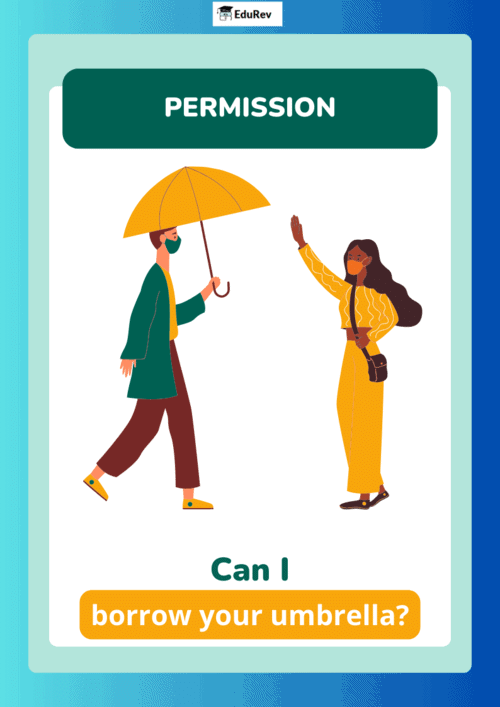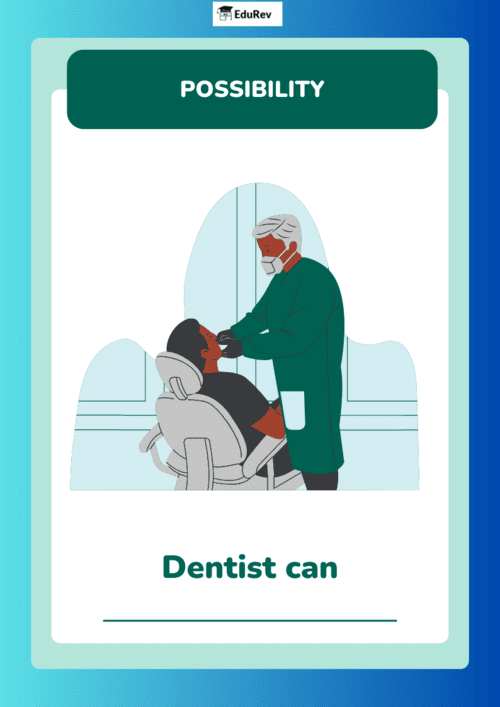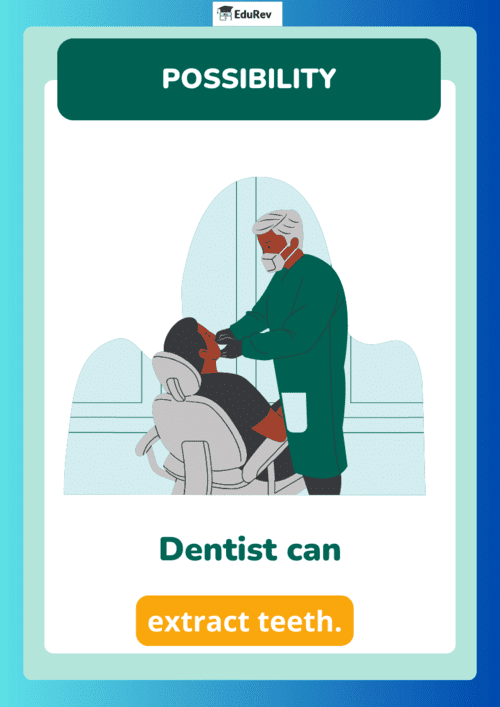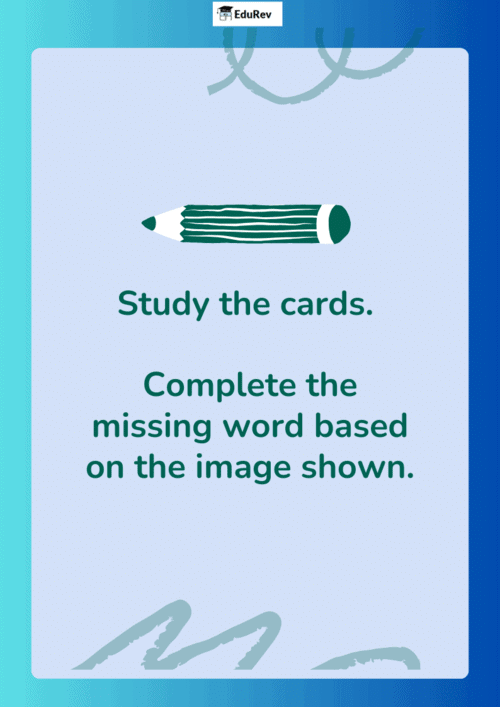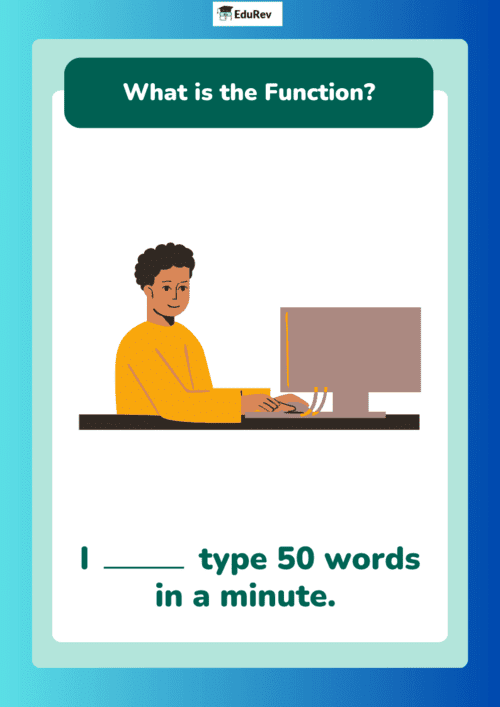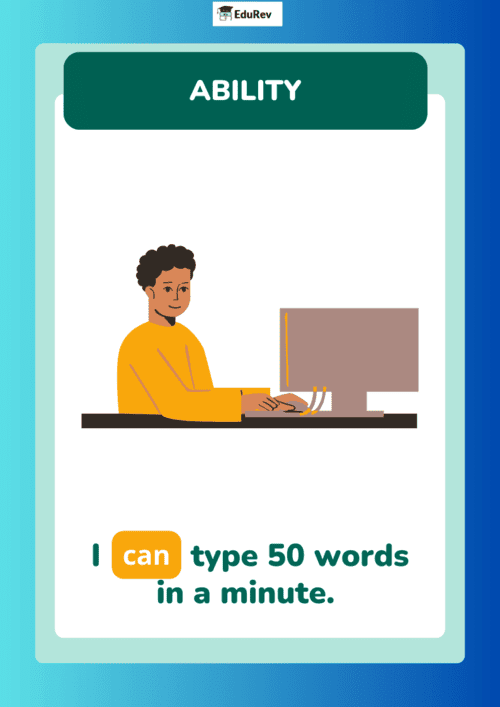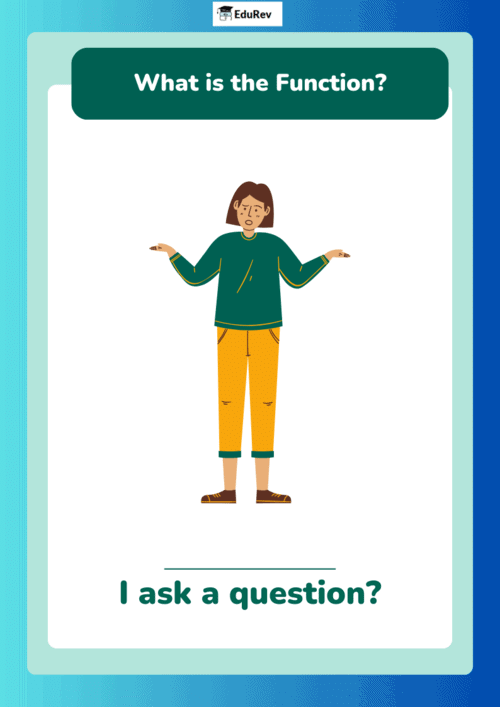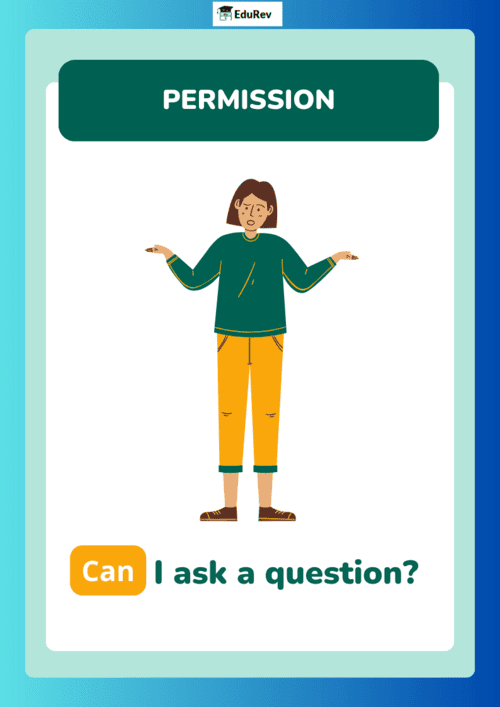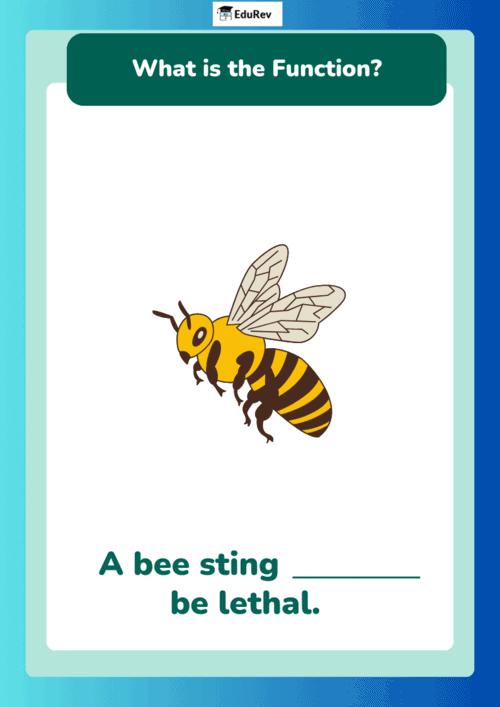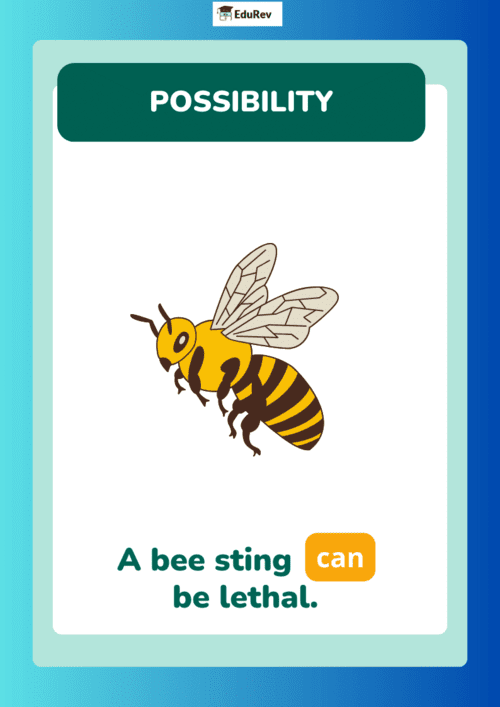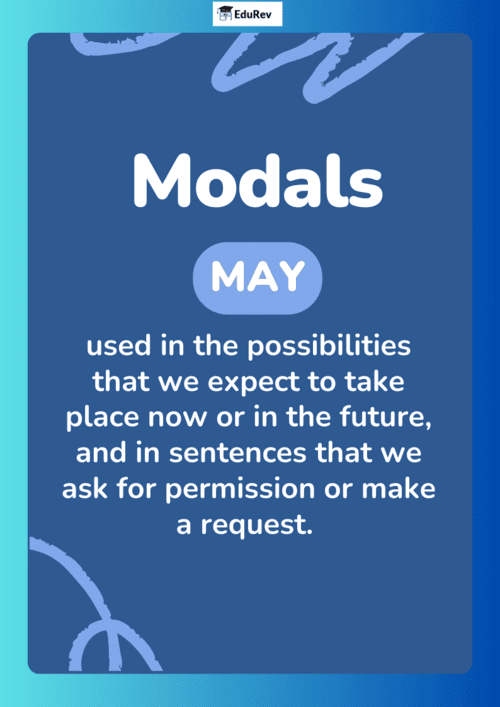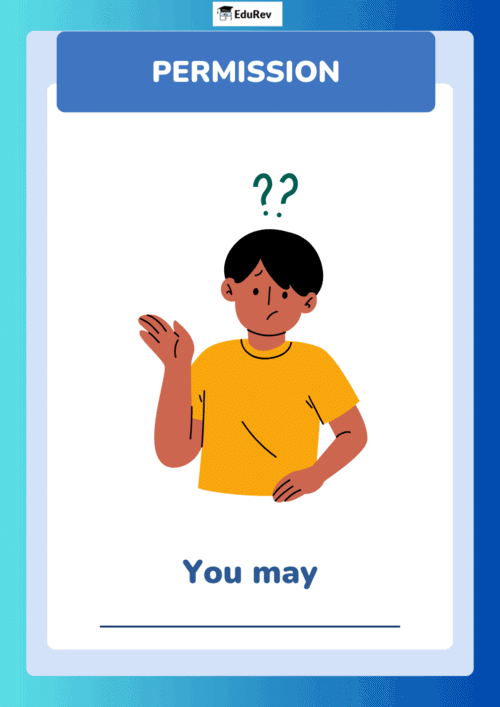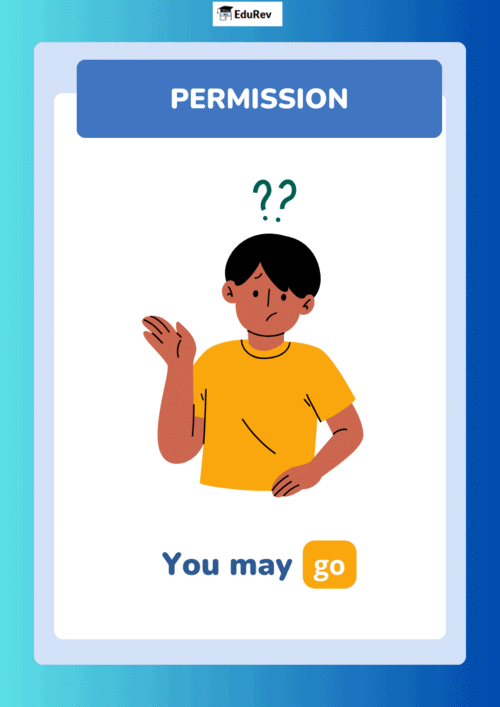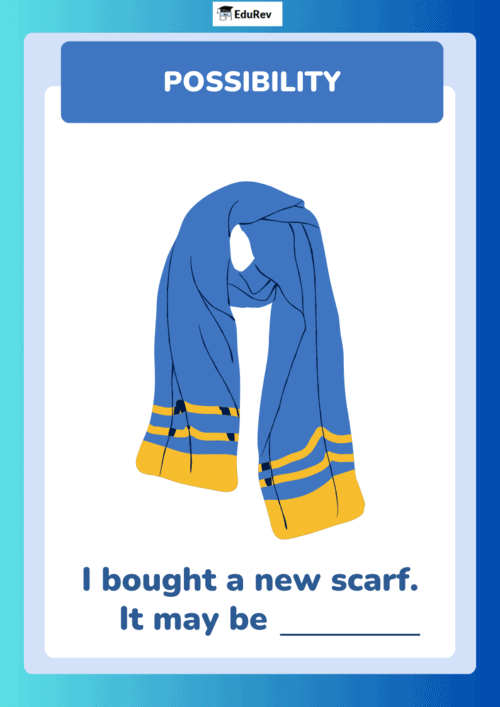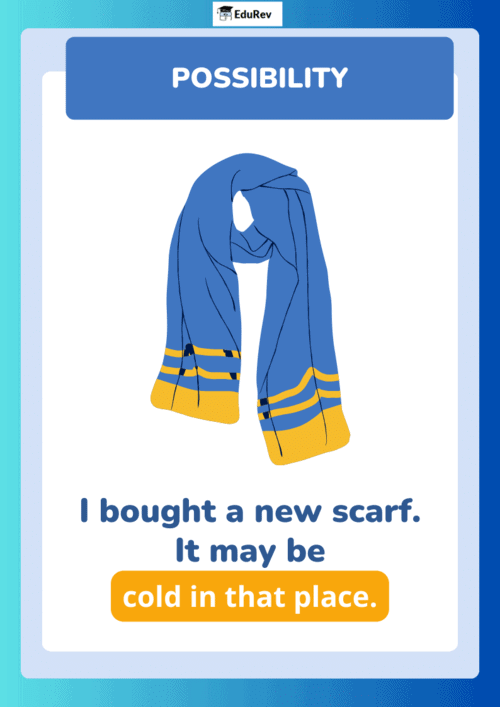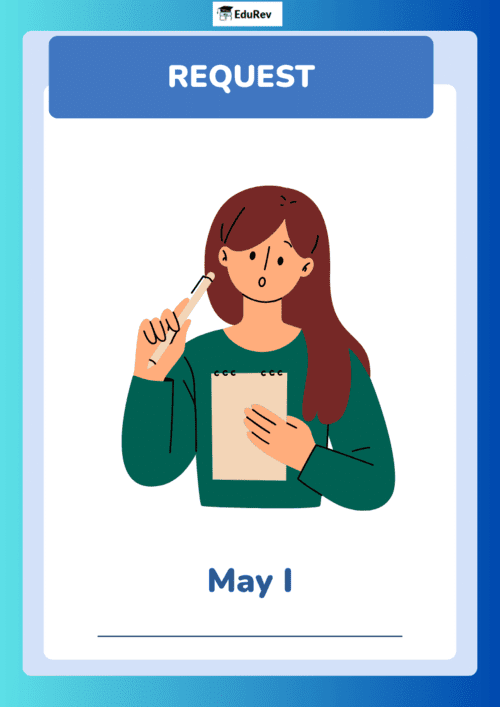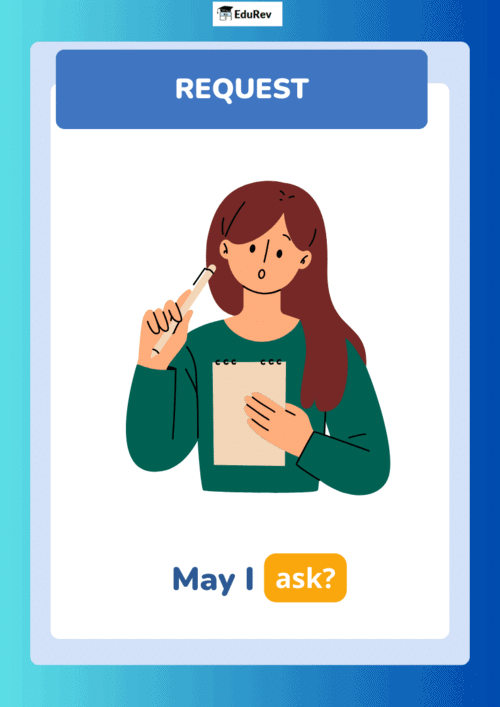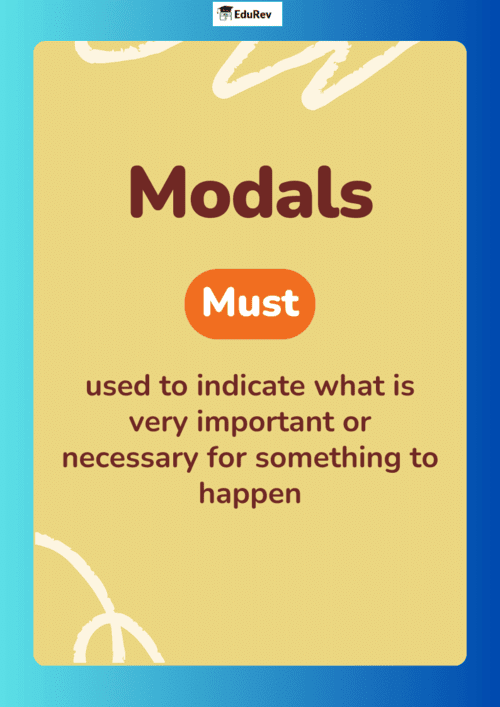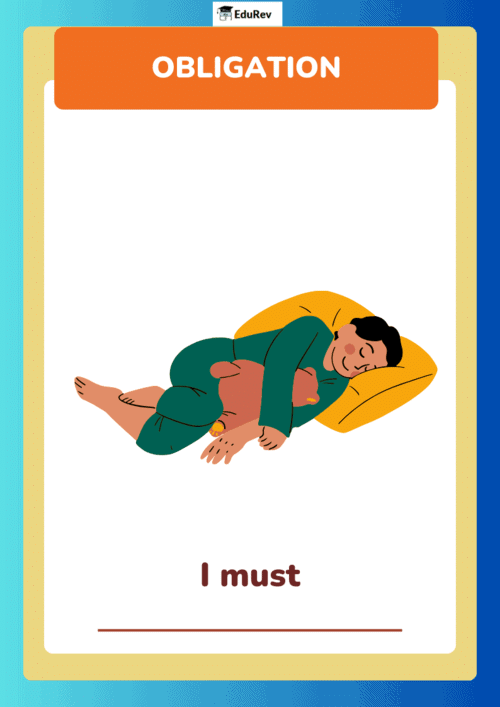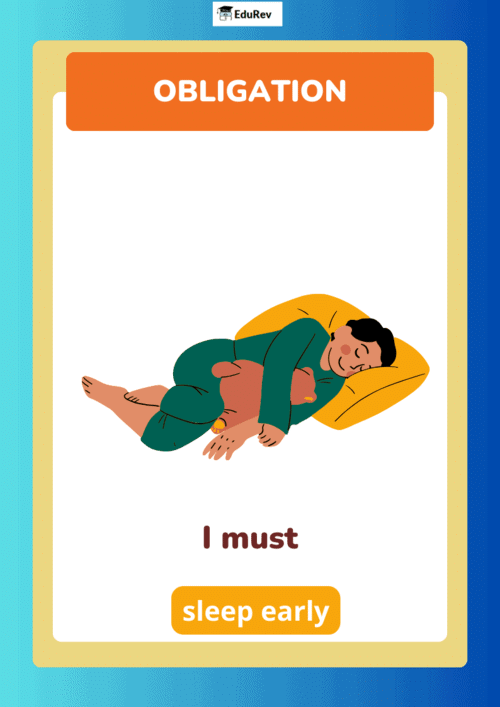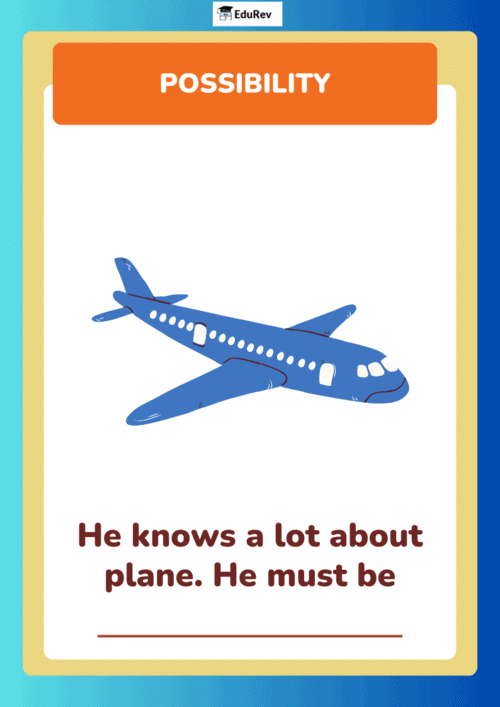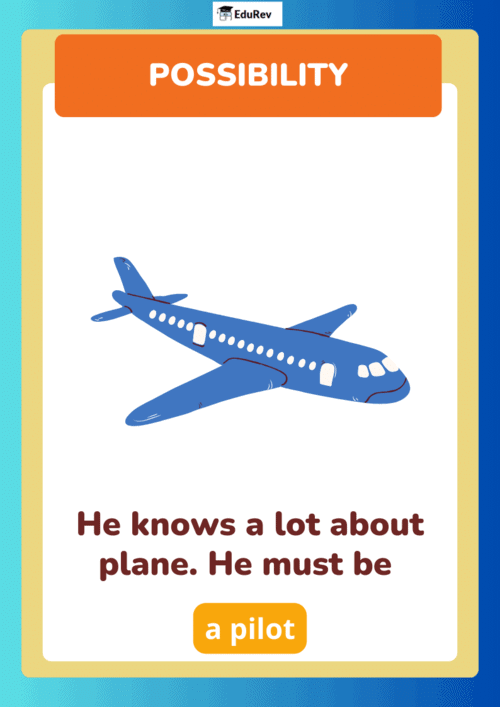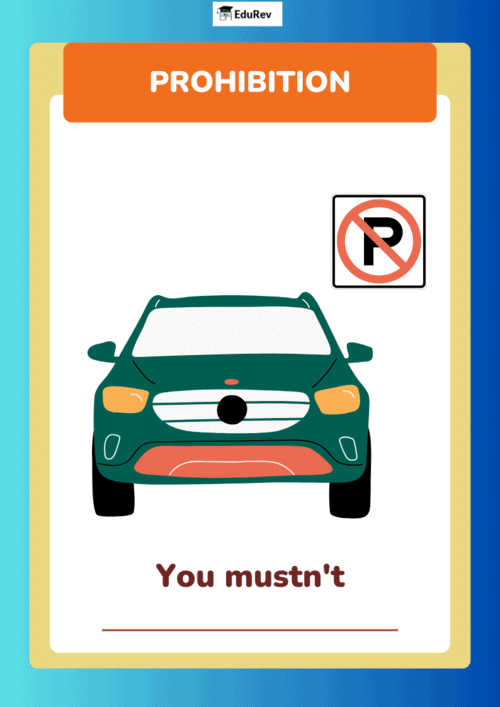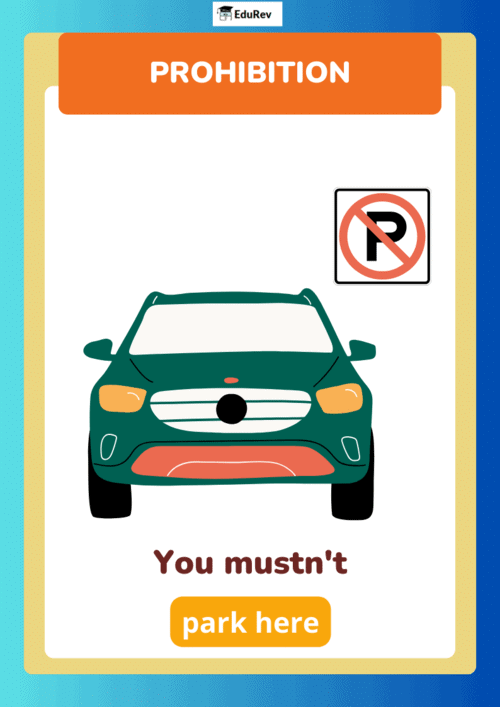 Unlock all Flashcards with EduRev Infinity Plan Starting from @ ₹99 only
|
Class 7 Exam > English Grammar Class 7 > Flashcards: Modal Auxiliaries
|
39 videos|358 docs|61 tests
|
FAQs on Flashcards: Modal Auxiliaries Flashcard - English Grammar Class 7
| 1. What are modal auxiliaries and how are they used in sentences? |  |
Ans. Modal auxiliaries, often referred to simply as modals, are auxiliary verbs that express necessity, possibility, permission, or ability. Common examples include "can," "could," "may," "might," "must," "shall," "should," "will," and "would." In sentences, they modify the meaning of the main verb. For example, in the sentence "She can swim," "can" indicates the ability to swim.
| 2. What is the difference between 'must' and 'have to'? |  |
Ans. While both "must" and "have to" express necessity, they are used in slightly different contexts. "Must" indicates a strong obligation or a personal necessity, often based on the speaker's judgment. For example, "You must finish your homework." On the other hand, "have to" is used for external obligations or rules set by others, as in "I have to attend the meeting."
| 3. Can modal auxiliaries change tense? |  |
Ans. Modal auxiliaries do not change form to indicate tense in the same way regular verbs do. They remain the same regardless of the time frame. However, you can express past tense by using the perfect form of modal verbs. For example, "should" becomes "should have" when referring to a past obligation, as in "You should have called me yesterday."
| 4. How do you use 'might' and 'may' correctly? |  |
Ans. Both "might" and "may" are used to express possibility, but "may" is often considered more formal and is used when the possibility is more likely. For example, "It may rain tomorrow" suggests a higher chance compared to "It might rain tomorrow," which indicates a lower possibility. In requests, "may" is also more polite, such as "May I leave early?"
| 5. What are some common mistakes to avoid when using modal auxiliaries? |  |
Ans. Common mistakes include using the wrong modal for the context, such as using "can" instead of "may" for permission (e.g., "Can I go?" should be "May I go?"). Another mistake is not considering the tense; for example, forgetting to use "should have" for past obligations. Additionally, it is crucial not to double-modal, as in "She can could help," which is incorrect.
Related Searches




